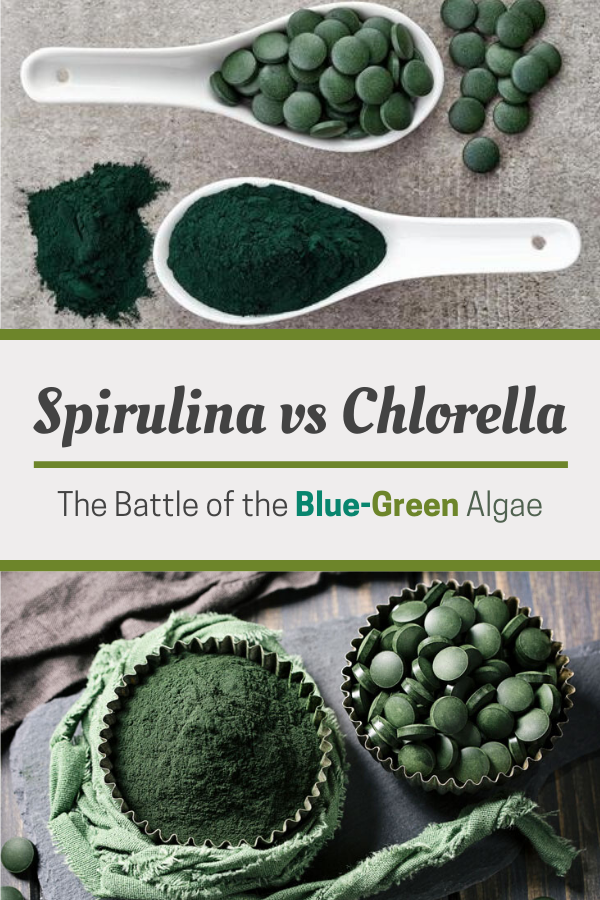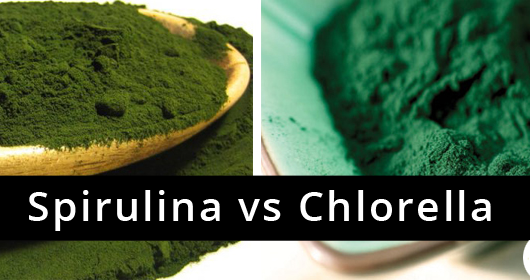
When it comes to superfoods, blue-green algae pretty much rule the top of the leaderboard.
Packed with anti-oxidants, vitamins and minerals, blue-green algae such as chlorella and spirulina are two of the most potent superfoods out there.
Does the thought of consuming algae freak you out? Well, if you’ve ever tried a superfood powder, chances are that you’ve had both spirulina and chlorella.
Both are packed with protein (with spirulina being the highest natural source on Earth) and both are two of the highest sources of chlorophyll that exist.
But is there a difference between them? Keep reading to find out!
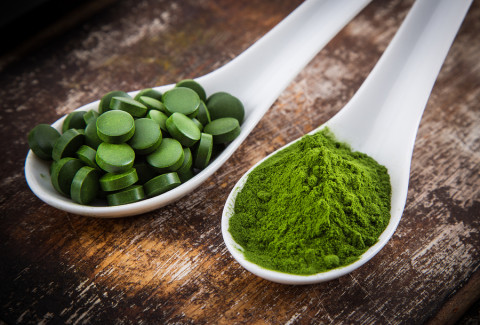
Chlorella
Chlorella is one of the most widely used supplements in Japan, with over 10 million people using it regularly.
In fact, the Japanese use more chlorella than North Americans use vitamin C. Made up of 50 percent protein, chlorella is considered to be a complete amino acid based food.
Chlorella is a single celled algae and grows quickly, with the potential to quadruple in size in just 20 hours. NASA has even considered using chlorella as one of the first whole foods in space!
Chlorella is a super food that is rich with phytonutrients such as amino acids, chlorophyll, beta-carotene, potassium, phosphorus, biotin, magnesium and B-complex vitamins.
It is also known for its high level of chlorophyll, a substance required by plants for converting light into energy.
Research and studies have shown that chlorella benefits the body by supporting healthy hormonal function, promoting cardiovascular health, lowers blood pressure and cholesterol and helps to aid the body in the detoxification process.
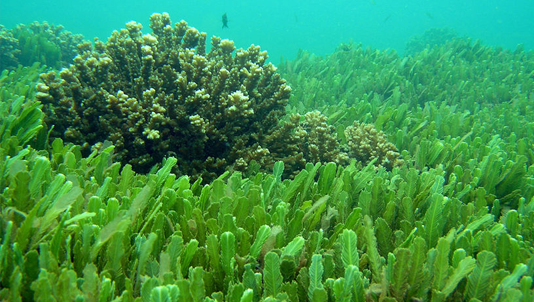
Chlorella also contains an extremely strong concentration of alpha, beta and gamma PPAR’s (Peroxisome Proliferator Activated Receptors), which are known to regulate our metabolism, strengthen our immune system and promote general all round good health.
Chlorella has a very high concentration of chlorophyll, one of the most powerful detoxifying agents. Due to it’s molecular structure, chlorella can bond to metals, chemicals and even some pesticides that are in the body.
Chlorella will naturally bind with any lingering heavy metals or chemicals found in the digestive tract, which is your body’s pathway to the blood stream where these harmful toxins can be delivered into your body’s cells.
Lessening the toxic burden on your system can improve many common health ailments such as lack of energy and insomnia, poor immune system and metal fatigue.
Fortunetly chlorella is unique in that it knows which minerals your body naturally needs to function optimally and which ones it does not. Chlorella will not bind to beneficial minerals such as calcium, magnesium or zinc. That’s one smart green algae!
Spirulina
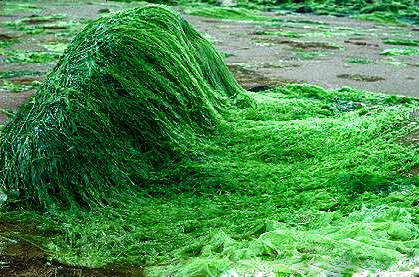
Spirulina is a close relative to chlorella, however it is a unique blue-green algae in that it is not a true algae but rather a cyanobacteria. Recognized as one of the world’s most nutritionally complete superfoods, spirulina offers health benefits to practically every organ and bodily function.
Spirulina is incredibly high in protein (roughly 70%!) as well as is a good source of antioxidants, B-vitamins, and other nutrients.
It also contains all of the essential amino acids that our bodies need. Vegan athletes commonly utilize spirulina due to it’s energy enhancing capabilities as well as for its abilities to repair torn muscle cells after a long, strenuous workout.
Shown to encourage and support the growth of healthy bacterial flora in your gut, spirulina is beneficial in fighting automimmune diseases such as Chron’s disease, chronic fatigue syndrome, Lupus and fibromyalgia.
Spirulina also contains concentrations of phycocyanin, a phytochemical that can help prevent cancer and gives spirulina its special blue tint.
Research has shown that spirulina also shows promise in treating illnesses such as AIDS and influenza. In fact, spirulina was used successfully in reducing radiation sickness in children after the 1986 Chernobyl nuclear accident.
Differences
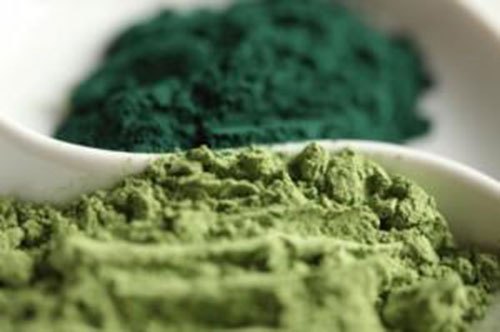
The main difference between spirulina and chlorella is that chlorella has a tougher cell wall than spirulina, making it harder to digest.
Humans simply do not have the enzymes required to break down chlorella’s tough cell wall, so when looking for a chlorella supplement, be sure to look for one that has broken down that tough cell wall.
This lack of a cell membrane is why spirulina is unable to remove heavy metals from the body like chlorella can. Since chlorella is a true green algae, it also has ten times the amount of chlorophyll that spirulina does, making it the better option for detoxification purposes.
Spirulina is also high in growth like properties, known to aid in heart health, digestive health, brain health, longevity, and is richer in Vitamin B12 than chlorella, containing over 150% of your daily values. It is also high in zinc, magnesium, vitamin A and vitamin K.
How To Choose
The choice between spirulina and chlorella depends mostly on what you are looking to achieve.
If you are simply interested in a superfood strictly for cleansing and rebuilding the blood or immune system, then chlorella is the algae for you.
However if you are looking for something that is still detoxifying and cleansing but with higher amounts of protein, iron, and Vitamin B12, then choose spirulina.
You can’t go wrong with either choice and a lot of people actually use both!
The detoxing effect can be strenuous on the body’s system at first, so start off by slowly incorporating one or both types of algae into your diet.
Also be sure that you are getting your spirulina and chlorella from a reputable manufacturer, so that you can trust that the algae does not come from contaminated water sources.
Enjoyed Spirulina vs Chlorella – The Battle of the Blue-Green Algae? Share it with your friends so they too can follow the Superfoodsliving journey.
Share on Pinterest
